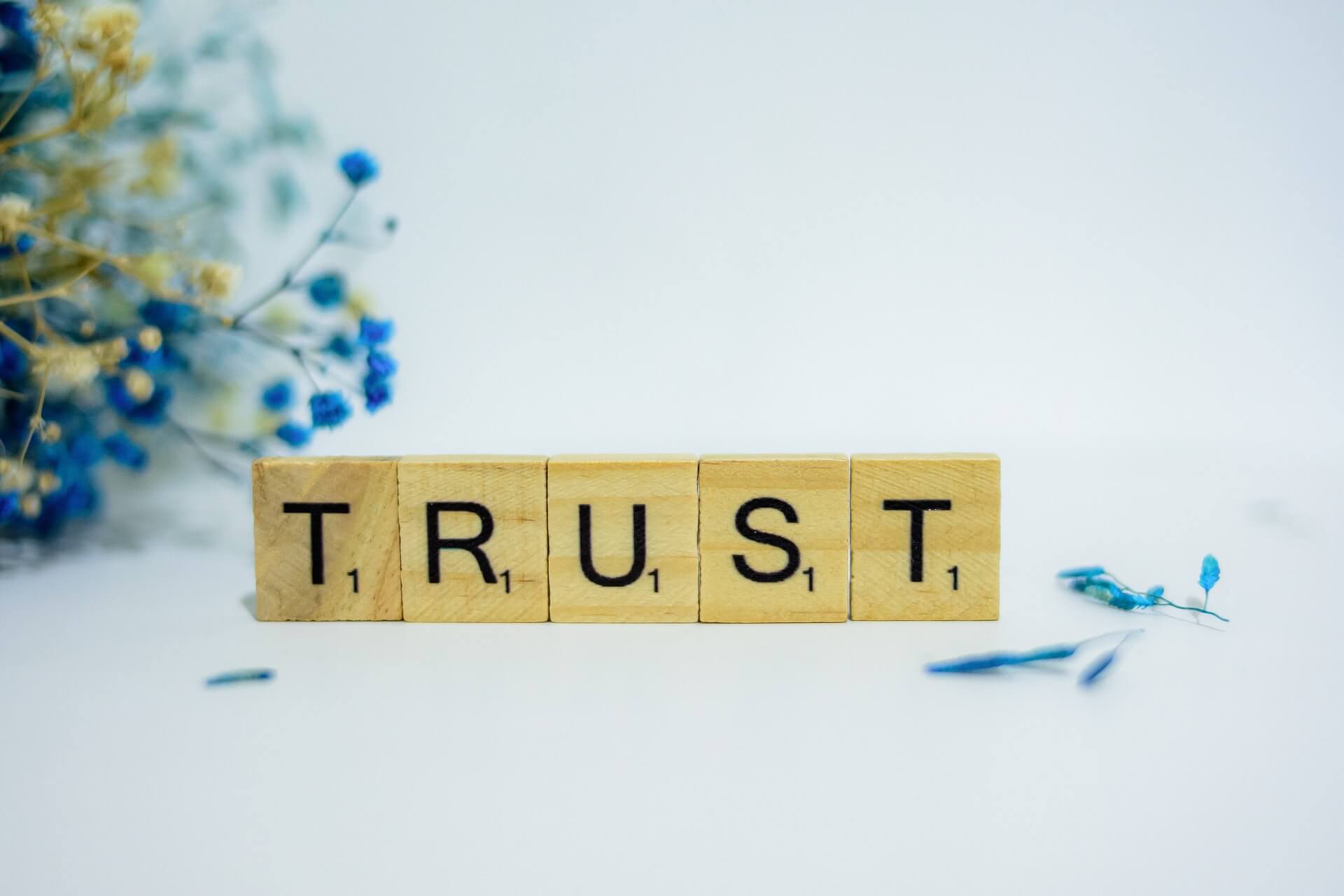The challenges facing Paul Levy, the embattled CEO of Boston’s Beth Israel Deaconess Medical Center, highlight the issues faced by many leaders: once in hot water, how to start on the road to recovery.

The problem is that many leaders don’t appreciate the nature of the ethics risks they face and what is in fact needed to restore trust. Most leaders don’t get that merely by being a successful manager and even a nice guy aren’t enough. Moreover, even coming clean with a confession of wrongdoing and a commitment to do better isn’t enough.
Blanket statements don’t work. Leaders have to get to the heart of what caused the problem in the first place. In this situation Levy faces two challenges to restoring trust: systems and relationships that inhibit trust as well as overcoming skeptical employees who only last year believed in him.
Levy recently contacted a local reporter for the Boston Globe as a step to get his story told. The reporter, Brian McGrory, was not impressed. As McGrory wrote in his column of May 19, 2010:
So I found myself in Levy’s office on Brookline Avenue on Monday afternoon, face to face with a man who is widely considered to be among the most charming members of Boston’s leadership elite. I came away with two distinct thoughts: This guy is good, and he just doesn’t get it.
The good part: Levy is thoughtful, he is expansive, he is conciliatory. He has been a force of nature in returning Beth Israel to the powerhouse that it is today.
Yet, forty-five minutes with him provided an extraordinary view into so much of what’s wrong with life in the city’s higher altitudes, where macho favor-trading, undue influence, and complicit governing boards are the way of the day.
McGrory goes on to discuss how despite rumors of an improper relationship circulating for years, the Board did not take any action until an anonymous letter was delivered.
The bottom line: words aren’t enough if the systems that perpetuate the distrust aren’t fixed.
The challenges of rebuilding trust also extend to the employees.
As a thoughtful CEO, Levy knows what he needs to do.Levy said to Adrian Walker, in yesterday’s Boston Globe:
“Ultimately, the authority to do this kind of job, to be a CEO — as important as the board is — does not derive from the board. It derives from the people you work with. And maintaining their trust and confidence is important,’’ Levy said in an interview last week.
After the story erupted, Levy didn’t help himself by issuing a series of statements that apologized for a “lapse in judgment’’ that didn’t explain anything about the lapse, or the circumstances. He says now that his statements — which were downright Nixonian in their evasiveness — had to be approved by the board, and that he could not be more forthcoming while it was still deliberating his fate.
“I could go in front of them and say ‘I want to do what I can for the low-income workers but that means everyone will have to take a bigger sacrifice.’ I was able to do that because I had the moral authority to say those things,’’ he said. “If it were today, would I have the same amount of moral authority? I think not quite. I’d like to get back to the point that I do again.’’
The good news is that our human nature allows us to forgive. But we don’t want to feel like we’ve been duped. Levy has to do more than simply acknowledge a lapse of judgment and empathize with his staff’s feelings. He needs to acknowledge how and why he ended up doing what he did in order to allow his staff to hold him accountable for future actions that could lead to the same issues happening again.
Regaining moral authority means that Levy has to acknowledge his human foibles AND do what is needed to ensure that he won’t walk down that same path again.
_____________________________________________________
David Gebler can be reached at 617-314-6280


Excellent article…some thoughts on ethics:
Rebuilding trust is indeed difficult, but some companies have managed to do it e.g. Maple Leaf Foods and Johnson & Johnson, whose approach differed from that of Toyota and the Peanut Corporation of America. That being said, business decisions often concern complicated situations which are neither totally ethical nor totally unethical. Therefore, it is often difficult to do the right thing, contrary to what many case studies will have you believe! Moral values such as respect, honesty, fairness and responsibility are supposed to dictate our (ethical) behaviour, but are often ignored in times of stress and confusion, when one must stand by one’s principles.
Ethics is concerned with “doing the right thing” but moral standards differ between individuals depending upon their upbringing, traditions, religion, social and economic situations, and so on. Hence, the existence of gray areas. Therefore, state the “moral” problem in a simple manner and review feedback so that an acceptable decision can be made with minimal overall harm/loss—i.e., we are concerned with “Pareto optimality,” which is related to the net balance of benefits over harm for society as a whole.
Leaders often have to deal with potential conflicts of interest, wrongful use of resources, mismanagement of contracts, false promises and exaggerated demands on resources. In a proposed sale, is it the seller’s duty to disclose all material facts regarding the product /service in question or is it the buyer’s responsibility to conduct due diligence? Should the seller answer each question exactly as it was asked, and ignore some pertinent information or merely address the spirit of the question?
For free abridged books on leadership, ethics, teamwork, women, write to [email protected].
Maxwell Pinto, Business Consultant & Author
http://www.strategicbookpublishing.com/Management-TidbitsForTheNewMillenium.html
http://www.youtube.com/watch?v=p34hB50lv-8